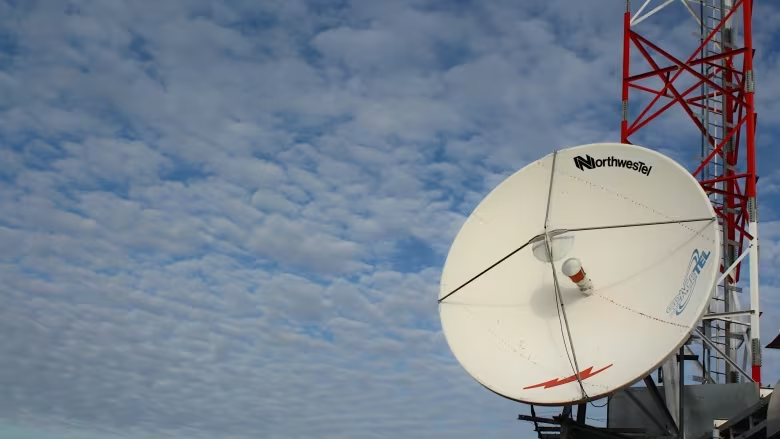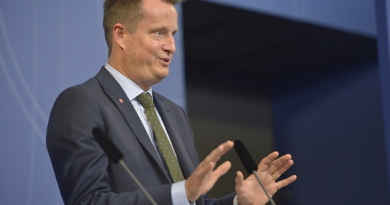Northwestel says competition is forcing improvements to northern internet

Company already losing customers to Starlink, CRTC hears
Northwestel says it’s working to improve internet service across the North — and that it doesn’t need to be mandated to do so by Canada’s telecommunications regulator.
Company representatives made their case before the Canadian Radio-television and Telecommunications Commission (CRTC) during hearings in Whitehorse last week.
Northwestel spoke to the commission on Friday, after several days of testimony from witnesses who explained how Northern communities — particularly remote and Indigenous communities — are economically and socially hamstrung by slow and unreliable internet connections and high prices.
Curtis Shaw, Northwestel’s president, told the CRTC that his company is facing a new competitive threat from the Starlink satellite service, which began its northern rollout late last year.
“Our capital investment has increased over the last number of years and it’s largely due to competitive forces, and Starlink’s entry,” Shaw said.
He said the company has major projects underway in the next few years to expand fibre into more Northern communities, and build redundancy into the system to reduce the number of prolonged outages.
“So from my perspective, we’re being pushed right now by consumer needs, by community needs and competitive forces to accelerate our capital spending,” Shaw said.
Company representatives told the commission that Starlink is already eating into its customer base.
“We definitely are feeling a very real impact. We have customers clearly telling us, ‘I am disconnecting my service because I am moving to Starlink,'” said Tammy April, the company’s vice president of customer experience.
“To my knowledge, none of our customers who have moved to Starlink have come back.”
Northerners on ‘wrong side of the digital divide’
Last week’s hearings in Whitehorse came just weeks after Canada’s auditor general issued a report saying rural and remote communities are still way behind the rest of the country when it comes to internet access — and nowhere is that disparity greater than in some parts of the North.
Northwestel told the CRTC on Friday that it has reduced rates and increased speeds for some of the larger internet plans in the last few years, and also introduced an affordable entry-level plan. About 26,000 homes across the North have been connected to unlimited high-speed internet in the last few years, the commission heard.
Still, Shaw told the commission that despite improvements, “many northerners remain on the wrong side of the digital divide.”
“There remain, of course, areas where there is no sustainable business case for the private sector to close the digital divide on its own, and we’ve put forward to the commission proposals for targeted public investments,” he said.The company was also asked about data caps and the possibility of eliminating overage fees.
That’s just not possible for many communities still served by DSL or satellite, company representatives said, because the infrastructure is not there to handle that much data.
“We use overage plans as a way of ensuring that the network doesn’t become overly congested,” said April.
“Whenever we increase caps, we do it very judiciously and we do often see congestion happening in the network which degrades quality for customers.”
Related stories from around the North:
Canada: $123.9 million additional funding announced for high-speed internet in Arctic Quebec, Eye on the Arctic
Norway: New satellites to boost communications in Arctic Norway, The Independent Barents Observer
Russia: Russian military to get fast, secure internet through trans-Arctic cable, The Independent Barents Observer
United States: $30.3 million grant announced to build up high-speed internet in rural Alaska, Eye on the Arctic



